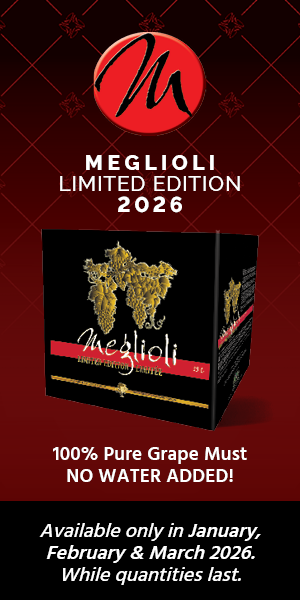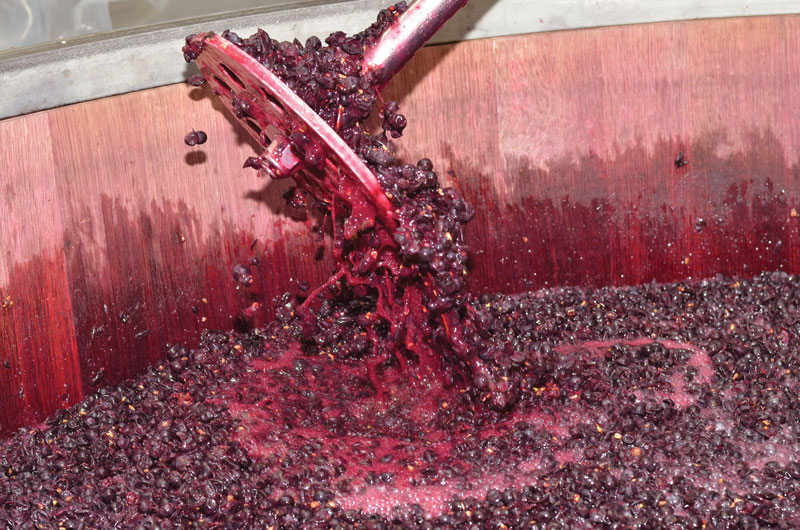Unfortunately, with a small barrel like that, you’re going to have a high ratio of oxygen:wine. If you think about a traditional-sized barrel, it’s about 59 gallons (225 L); there’s a lot of wine in there. Especially if your barrel is much smaller, the surface area-to-wine ratio is much bigger for your mini-barrel than for a traditional barrel. Your 8–10 gallons (30–38 L) are therefore going to see a lot more wood contact, and a lot more oxygen transfer, than would 59 gallons (225 L) in a traditional, bigger barrel. This same principle is why some winemakers like to use bigger puncheons (like 132 gallons/500 L) so their wine gets proportionately less wood and oxygen exposure. This is popular in Rhône varieties like Grenache, Syrah, and Mourvèdre.
I suggest you not use your barrel for as long as you’re talking about — you’re getting way too much oxygen there and as a result, like you say, too much acetaldehyde. First off, be sure you’ve got at least 25–30 ppm free SO2 in your wine to help keep the aldehydes down. But 18–24 months in a barrel that small is way too long. Try aging your wine in the barrel (and make sure the barrel is clean, wood can be a source of spoilage organisms if not clean) for maybe 9 to 12 months instead, and then move to a keg or carboy with some oak chips or beans to keep the aging going to a point you like.
If the wine is so big and tannic you feel like you need to have it aging for that long, maybe try doing some fining trials (egg whites are cheap and easy to use) to knock down the tannins so you can get good mouthfeel and tannin resolution without having to have the wine so oxidatively stored for so long. You may find you can bottle earlier, which will really help protect your wine better in the long run, and will allow it to age more gracefully too. To get some concentration up front why not try a saignée at harvest? Bleed off 1⁄4 of your juice right after you crush, to concentrate the skins in the must. Take the juice and then make a rosé!




